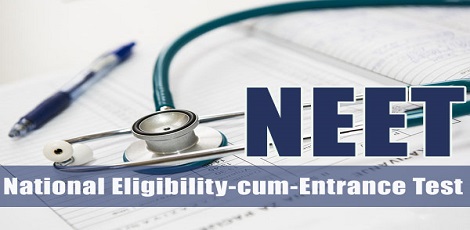For the well being of the Indian Medical Industry, two important bills namely The Indian Medical Council (Amendment) Bill, 2016 and the Dentists (Amendment) Bill, 2016 were passed by the parliament. Health Minister Jagat Prakash Nadda introduced both the bills in the Lower House of Parliament.
What are these bills?
The Indian Medical Council (Amendment) Bill seeks to amend the Indian Medical Council Act, 1956 and the Dentists Act, 1948 seeks to replace the National Eligibility cum Entrance Test (NEET) ordinances.
What is NEET?
As per the directives of Supreme Court of India and the Central Government on NATIONAL ELIGIBILITY CUM ENTRANCE TEST-II (UG), 2016 will be conducted by the Central Board of Secondary Education, New Delhi for admission to MBBS/BDS Courses in Medical/Dental Colleges run with the approval of Medical Council of India/Dental Council of India under the Union Ministry of Health and Family Welfare.
Although, Undergraduate courses at the All India Institute of Medical Sciences in New Delhi, Postgraduate Institute for Medical Education and Research in Chandigarh, Jawarharlal nehru Institute of Postgraduate Medical Education & Research JIPMER are outside the NEET’s horizon, as these institutes were set up by separate laws.
Amendment:-
The Dentists Act amendment bill will give statutory status to the NEET, In order to make the examination system fair and transparent and students won’t face multiplicity of exams and it will also stop exploitation of students in the name of capitation fees.
The Indian Medical Council (Amendment) Bill, 2016 and the The Dentists (Amendment) Bill, 2016 provides a Constitutional status to the National Eligibility-cum-Entrance Test (NEET) examination and is intended to be introduced in the academic session next year. The NEET exam will be held on the basis of the syllabus of NCERT and the under-graduate exam will be taken up by CBSE and post-graduation by the national board of examination and it will also be arranged in regional languages.





